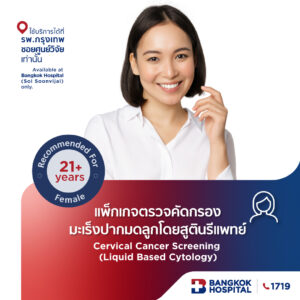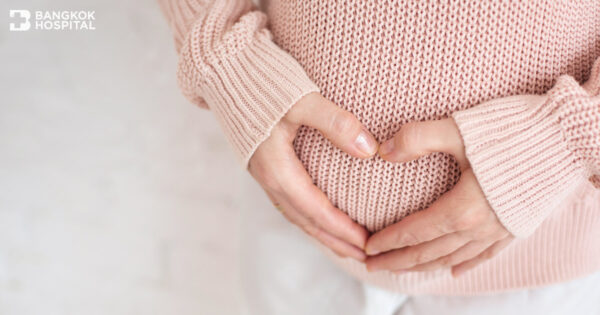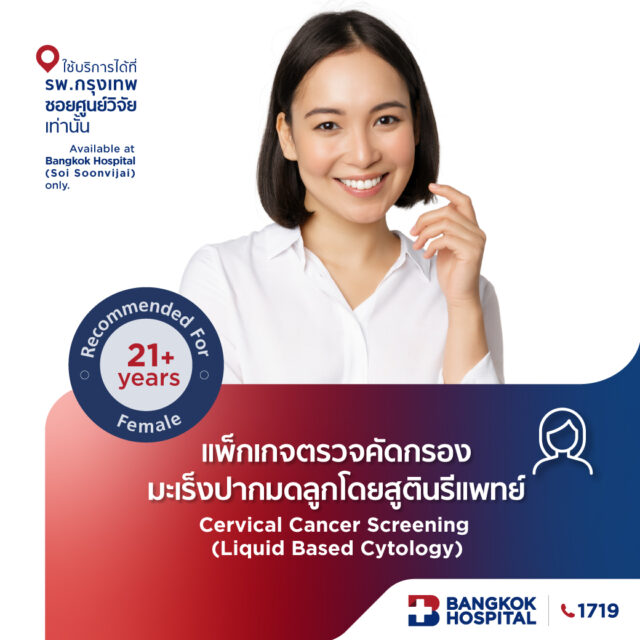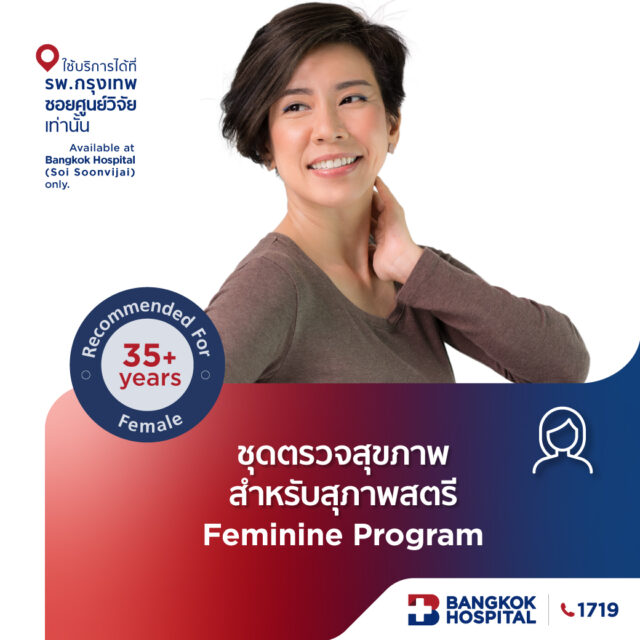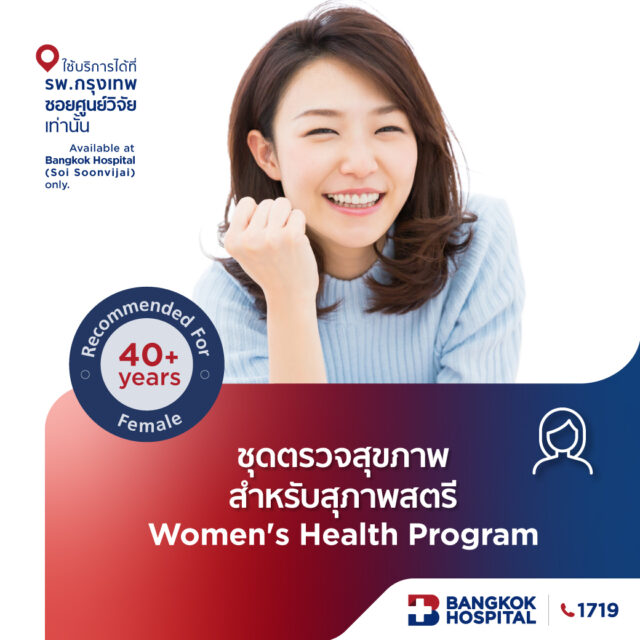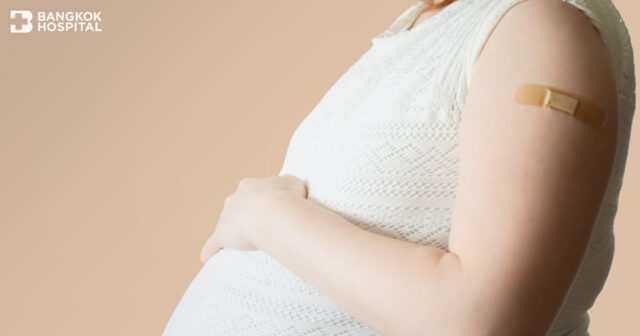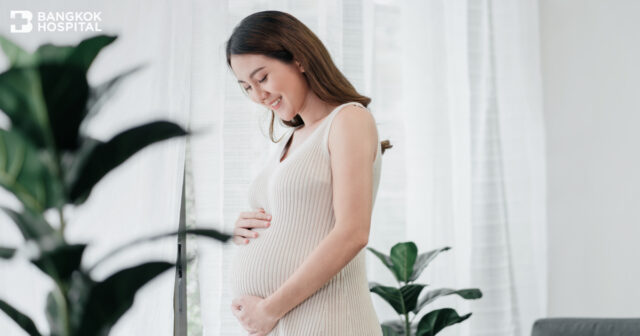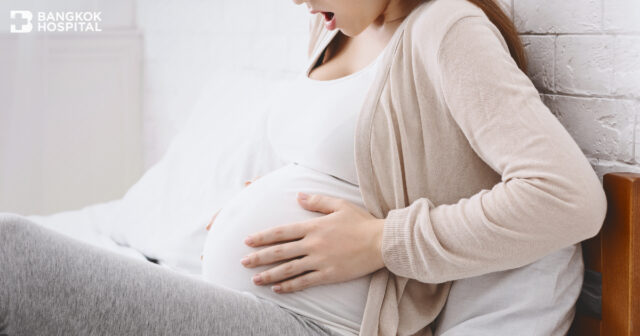The COVID-19 pandemic defined as a global health crisis has become the greatest challenge we have recently encountered. Moreover, disease severity worldwide has drastically increased due to several variants caused by vital mutations. COVID-19 can cause a wide range of symptoms, extending from mild to fatal, affecting different organs in the body. The clinical manifestations can usually develop few days after infections although some cases are asymptomatic. A number of medical researches reveal that patients who have certain preexisting medical conditions, such as hypertension, diabetes, respiratory disease, cancer and cardiovascular disease are at higher risk for severe illness if they become infected with COVID-19. Apart from these underlying illnesses, pregnant women are considered another special group that need additional care to minimize the risk of COVID-19 infections.
COVID-19 and pregnant women
Pregnancy and its changes is a normal physiological process that happens in pregnant women in response to the development of the fetus. During pregnancy, physiological changes include decreased lung function due to a significant increase in oxygen demand and altered immune system that can substantially lead to serious complications associated with the respiratory system. Compared to the general populations, when pregnant women are infected with influenza or flu, their signs and symptoms are usually more severe. In regards to current information and literature reviews, it assuredly indicates that pregnant women exhibit similar manifestations to general populations when they become infected with COVID-19. Nonetheless, treatment in pregnant women seems to be more complicated. Point of concerns usually involve gestational age and possible complications such as preterm labor.
Health tips for pregnant women
- Refraining from going to crowded areas and maintaining social distancing
- Frequent handwashing with soap or hand sanitizer
- Wearing a face mask at all times while in puclic
- Avoiding a close contact to suspected cases who sneeze or cough.
- Avoiding eye, nose and lip touching.
- Sharing personal belongings, e.g. napkin, drinking glass and cutlery item with others is prohibited.
- Taking vitamin C and vitamin E as advised by the doctor.
- Taking sufficient rest, at least 8-10 hours per day.
- Managing stress efficiently
- Refraining from using public transportation.
- Work from Home should be primarily considered, if applicable.
If any abnormal sign or symptom arises, medical attention provided by the specialist must be sought immediately.


